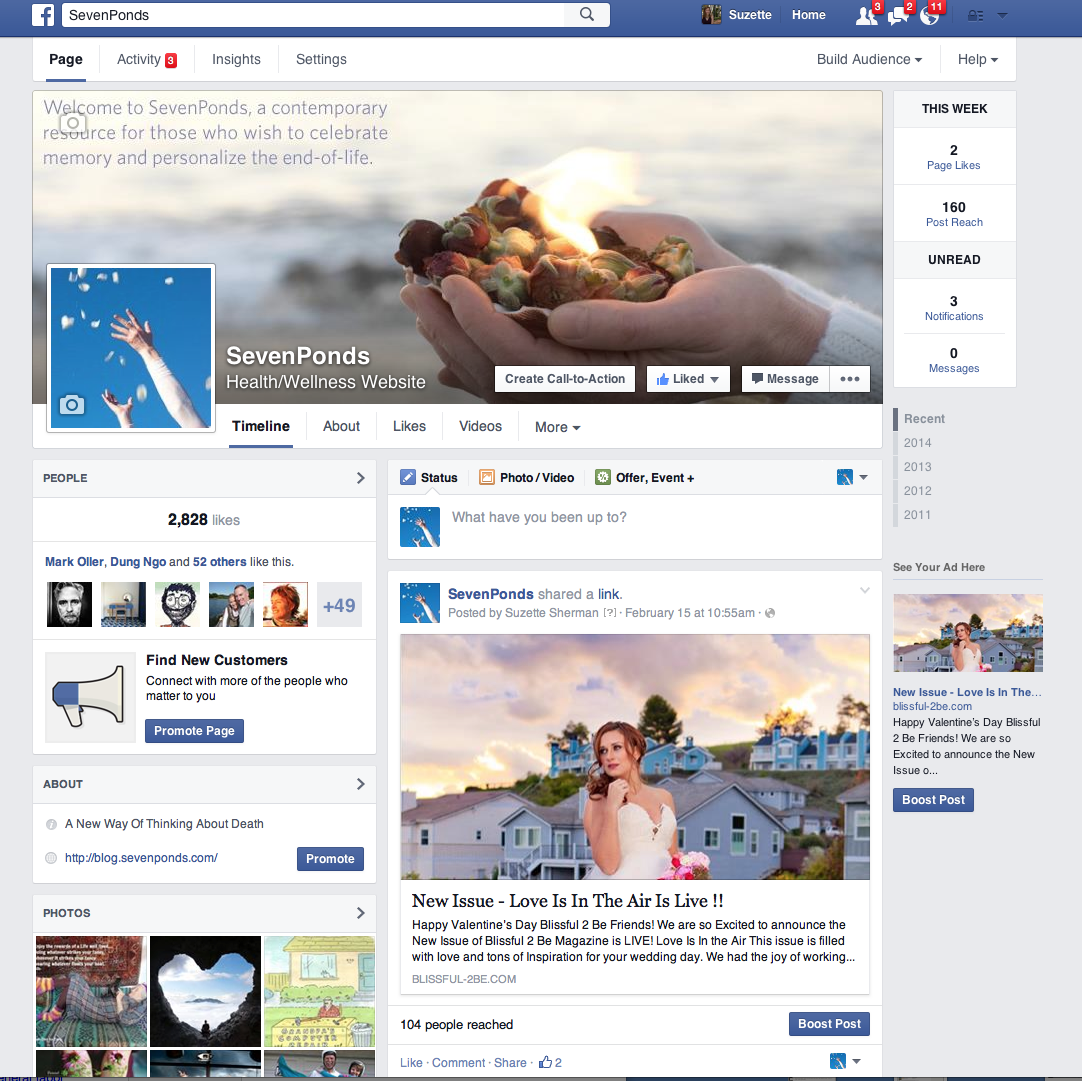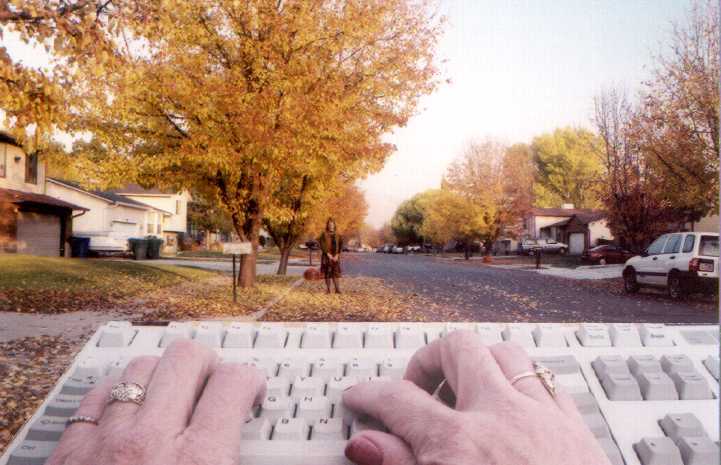 Have you ever wondered what you could do to protect your Facebook profile after you die? According to a Wall Street Journal article by Geoffrey A. Fowler, those post death options have increased now to three for U.S. members instead of the standard freezing of the account.
Have you ever wondered what you could do to protect your Facebook profile after you die? According to a Wall Street Journal article by Geoffrey A. Fowler, those post death options have increased now to three for U.S. members instead of the standard freezing of the account.
The two new options include either designating a legacy contact to manage some of your account or completely (and permanently) deleting your account. As Fowler puts it, “Facebook and other Internet services walk a difficult tightrope between respecting the privacy of the deceased and the demands of grieving friends and family.” By expanding the options, Facebook is trying to alleviate the worries, and perhaps wishes, for both those who die and their grieving loved ones when it comes time to figure out what to do with their social media accounts.
In this age of technological advancement and the prevalence of usage of social media for tracking every significant (and sometimes mundane) moment in our lives, it makes a bit of sense that your Facebook account could become a “digital gravestone” of sorts, if that appeals to you.
This expansion of options for “us to make plans for a digital afterlife may sound morbid, but it can bring clarity to an issue that’s both legally and emotionally challenging.” You might be thinking, “Why would I want my Facebook account to continue to exist posthumously?” In this age of technological advancement and the prevalence of usage of social media for tracking every significant (and sometimes mundane) moment in our lives, it makes a bit of sense that your Facebook account could become a “digital gravestone” of sorts, if that appeals to you.
…Facebook draws a line that he or she does not possess any ability to remove any of these previously-posted items — no matter how unflattering or embarrassing they might be — or to delete your account.
So what can your selected legacy contact actually do with your profile after you die? They “can write a post to display at the top of their friend’s memorialized profile page, change the friend’s profile picture, and even respond to new friend requests on behalf of the deceased” as well as “download an archive of posts and photos from the deceased, but not the contents of his or her private messages.” While the legacy contact might be able to get an archive of your past posts and photos, Facebook draws a line that he or she does not possess any ability to remove any of these previously-posted items — no matter how unflattering or embarrassing they might be — or to delete your account.
To clarify the legacy contact option, Facebook users “can select only one person — and no backup” and “can change their legacy contact selection at any time, but once they have died, a legacy contact can’t pass along the responsibility to someone else.” If you choose not to participate in picking your legacy contact or declaring that you want your account deleted upon your death in the site’s security settings, Facebook will resort to its standard procedure of freezing your account unless you have designated “a digital heir in a legal will.”

 New Options for Your Facebook Accounts Post-Death
New Options for Your Facebook Accounts Post-Death



 “Making Mobiles” by Karolina Merska
“Making Mobiles” by Karolina Merska
 “Hands Up to the Sky” by Michael Franti & Spearhead
“Hands Up to the Sky” by Michael Franti & Spearhead















